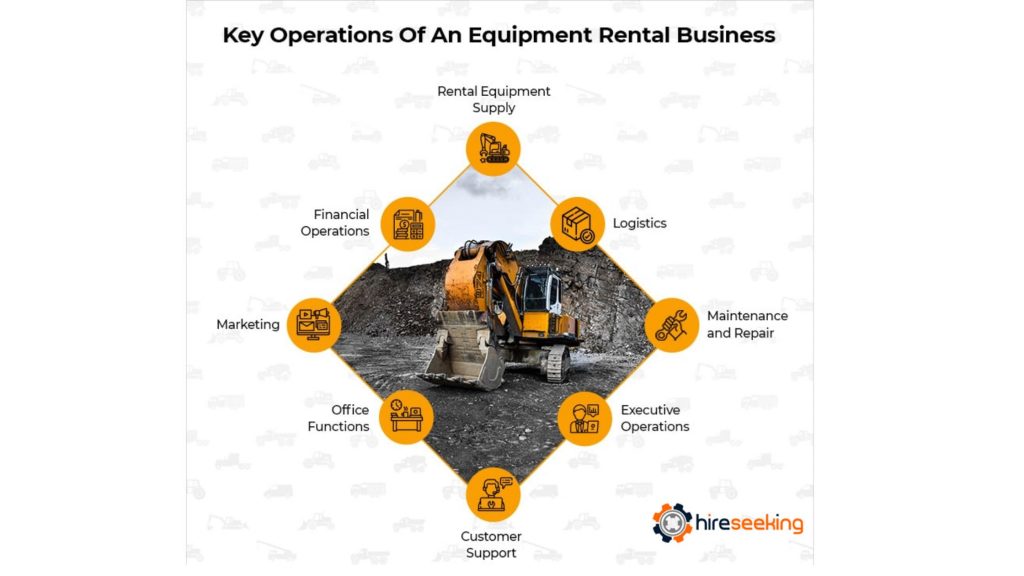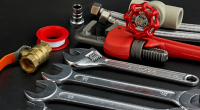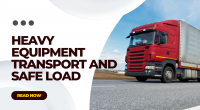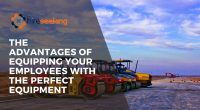How does an Equipment Lease Work?
How does an equipment lease work?
If you decide to lease equipment for your business rather than purchase it upfront, you enter into a lease agreement with the equipment owner or vendor. Similar to how a rental lease agreement works, the equipment owner drafts an agreement, laying out how long you’ll lease the equipment and how much you’ll pay each month.

Heavy Equipment – Hireseeking
During the lease term, you use the equipment until the deal expires. There are cases in which you can break the lease – and these instances should be spelled out in the contract – but many leases cannot be canceled. Once the lease is up, you can often purchase the equipment at the current market rate or lower, depending on the vendor.
The rates you pay to lease the equipment vary by leasing company. Your business credit score also plays a role in the rates you’re quoted. The riskier you are in which to lend, the more expensive it will be for you to lease equipment. An equipment lease can be approved online in a few minutes. Leasing companies tend to specialize in specific industries, so it’s important to do your homework to find the right financing option for your business.
Equipment leasing terms are typically for three, seven, or 10 years, depending on the type of equipment.
Equipment leasing is not a loan, which means it won’t show up on your credit report and hurt your ability to borrow. In many cases, the IRS lets you deduct your equipment lease payments if you’re using the equipment for your company.
Tipp: Be sure to get expert business tax advice if taking a tax deduction is a driving factor in your decision to lease equipment. The IRS can deny the deductions if it views the lease as an installment sale.
Benefits of equipment leasing
Leasing equipment offers many benefits to cash-strapped small businesses. While not all equipment leases are the same, and there are many ways to finance a lease, here are some advantages to leasing your equipment:
- It’s cost-effective to get started. Many lessors don’t require a significant down payment.
- You can update your equipment. If you often need to update equipment, leasing is a good option because you aren’t stuck with obsolete tools.
- It’s easier to scale. If you need to upgrade to more advanced equipment to handle a higher work volume, you can do so without selling your existing machinery and shopping for replacements.
It may offer tax credits. Equipment leases are often eligible for tax credits. Depending on the lease, you may be able to deduct your payments as a business expense. Contact Hireseeking for lease your equipment.


